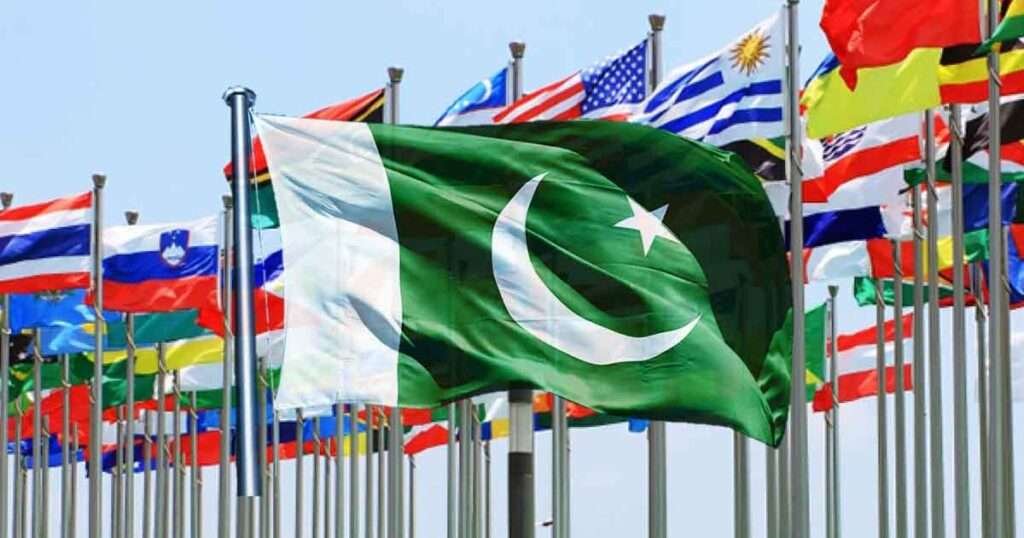Pakistan is captivated and influenced by the western hegemon. Even after 75 years of independence from the British, it is still colonized even more adversely this time. The majority of the knowledge, if not all, is highly westernized, which serves as an instrument for the west to subjugate the mindset of Pakistani people. It is crucial to comprehend the power of the west if we want to understand why it dominates over the knowledge and the discourse around development. The west has exercised its knowledge over Pakistan just like the rest of the developing world. The early western people were explorers who went far beyond the oceans to explore and annex land and resources.
The exploratory nature gave the west the power and an edge over the rest of the world regarding their knowledge. Thus, when the west captured any land, exploitation wasn’t merely materialistic. Due to the ingrained self-image of being the most civilized and their edge over knowledge, the west subjugated the people of its annexed territories. Hence setting a precursor for the domination of the west in the realm of knowledge. Henceforth, the knowledge we have and the knowledge we seek are all streamlined with manufacturing our minds to further subjugation of the west. Fast-forwarding to modern times, only the means of annexation has changed from territorial annexation to the imprisonment of mind. Apart from that the policy of the west remains the same.
While chasing western ideals and the hegemon’s definition of development, Pakistan has lost a vision for itself.
The dynamics of the world changed drastically in the post-World War II era to create two blocks in the world; the developed and the third-world (developing/underdeveloped) countries. The western countries took the title of developed nations and were soon looked upon as ideal states. The discussion surrounding the discourse of development took a massive turn towards modernization, capacity building, technology, and wealth accumulation. The non-western countries were soon looked upon from a different eye, the eye of disgrace. This manufactured an unrealistic scale of comparison to measure the progress of states and presented the west as the new master of the world.
Have you ever wondered, who defines the yards to measure development? Are the definitions of development, the true representation of an individual state’s vision? Why are the Key Performs indicators (KPIs) generalized in alignment with the western world? Who declares countries to be labeled as underdeveloped, developing, a fragile states?
If simply put forward the answer is that the models, definition, and scale of development set after World War 2 were not meant for the developing nation to prosper but for them to get influenced by the west. Pakistan, like many other Third World countries, through external influence in terms of aid for development projects, was forced to follow the western development model. These pre-manufactured and imposed development policies have made Pakistan unstable, mentally colonized, and fragile.
Aid from International Organizations in the name of development projects has misted the policy-making process of Pakistan. International Organizations, most notably the United Nations, the International Monetary Fund (IMF), and the World Bank, who claim to be the supporters of undeveloped and developing nations, are being continuously used as instruments of western control. The unrealistic models of development set by the west for the Third World distract them from their national vision, and the colonization of mind leads them to believe that they have to become like the west. Ironically, the west offers aid and loans to boost the self-proclaimed scale of development through these International Organizations. Unfortunately, it only leads the developing country into further subjugation of the west as they start to influence the policy-making process. As each tranche from IMF or any other International Financial Institution (IFI) to a developing country is embedded with a set of strict monitory and fiscal policies. It is surprising to know how international organizations, under the tag of developmental policies, extend their absolute control over developing countries. If one were to look at it from a colonizer’s mindset, it is surprising to see that it’s hard to find any differences between colonized world in the past and the third world today.
